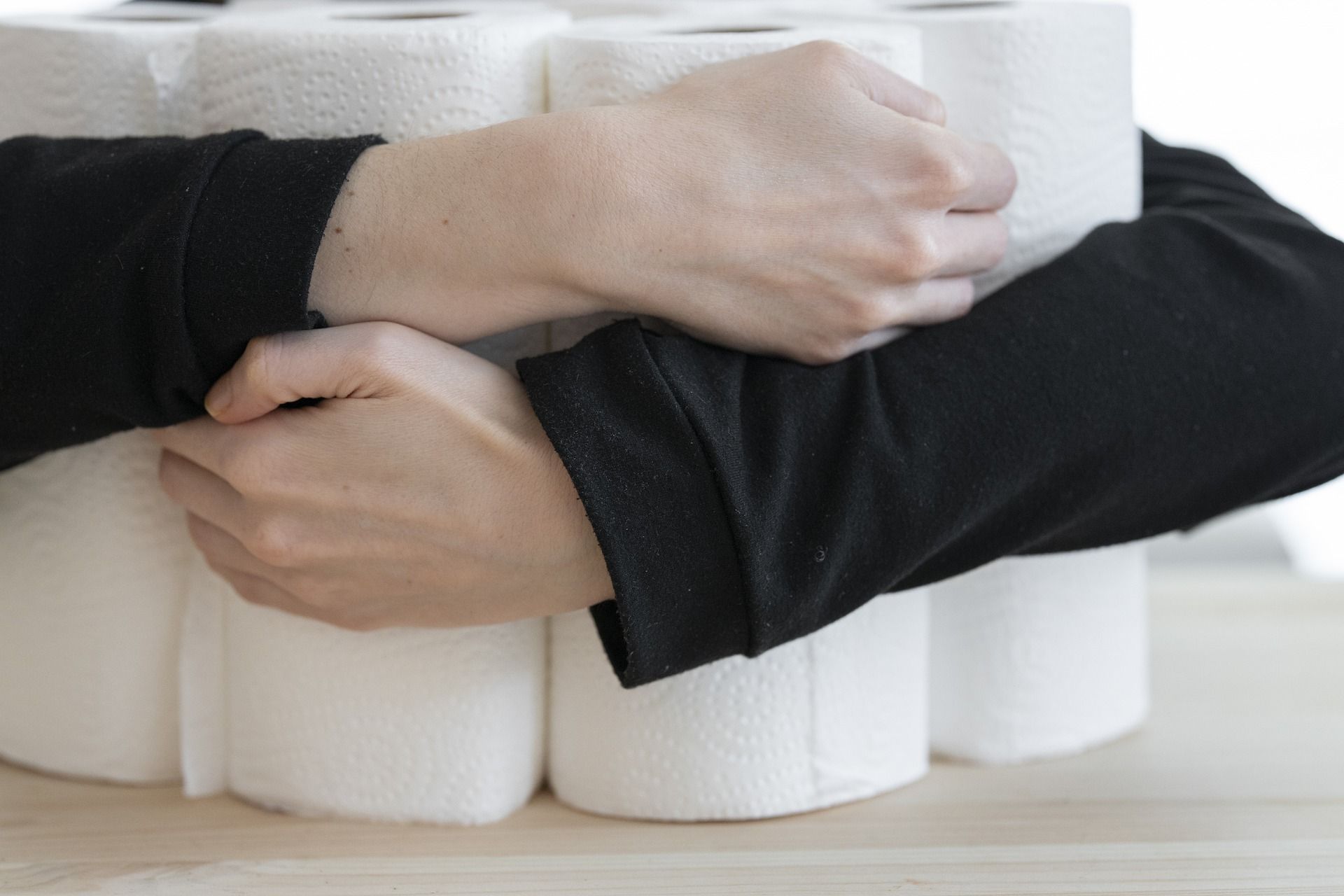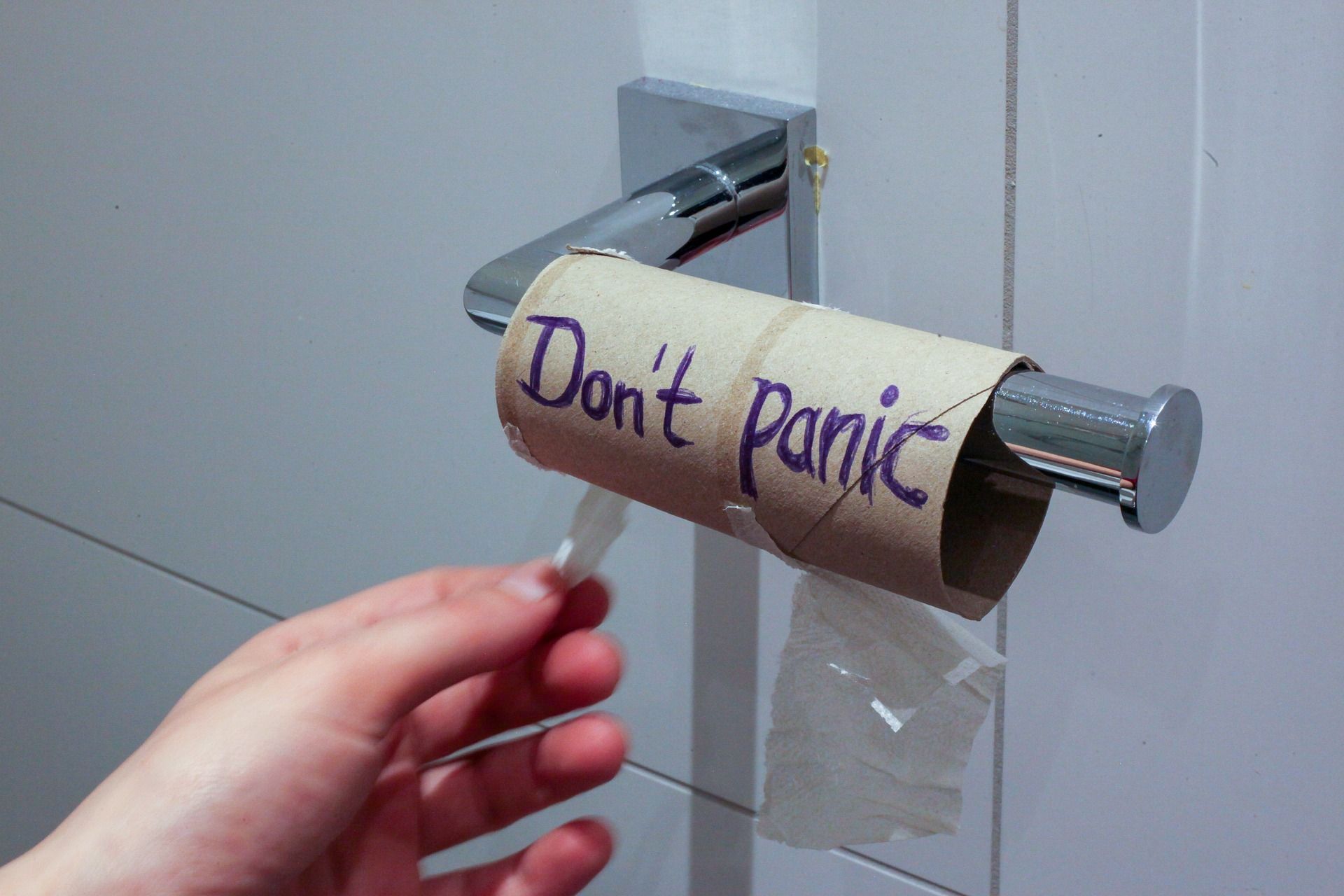Sleep is one of our most powerful healing mechanisms for both our mind and body. When we are facing high stress, we require sound sleep to assist our body and brain to “clear out” the neurochemicals associated with stress, heal the harmful effects of prolonged stress, and to recharge for the next day.
Ironically, when we are under significant stress, sleep can be elusive. It can be very difficult to get to sleep before the early hours of the morning, and also to stay asleep throughout the night.
As we become sleep deprived, we can experience a decreased ability to cope with stress, remain calm and use our logical and clear-thinking skills in daily situations. In addition to this, we can then begin to feel anxiety about not sleeping; which in itself can disrupt our sleep.
Under these stressful times, we may experience disrupted sleep; the most important thing to remember is that there are some steps you can take to help.
- Most importantly, do not worry about not getting to sleep. Anxiety and frustration are major elements in keeping you awake. If you are not able to fall asleep, trust that solid rest in a relaxed state is the next best thing. As you are lying in bed, take deep breaths, letting your muscles fall heavy and relaxed with each exhale.
- Plan what you will focus on as you are trying to get to sleep. Enjoyable memories, your favourite movie, future holiday or your favourite place in nature can all assist in accessing a relaxed state for your muscles and your mind.
- Consider Sleep Stories. Sleep stories are a combination of a relaxing visualisation, plus a narrated story and a progressive muscle relaxation. Sleep stories of all subject matters can be accessed through YouTube, sleep apps such as Sleepio, Calm, or Moshi (for children). Just remember to use a speaker or Bluetooth headphones to reduce your exposure to your device in your bedroom.
- If you are restless in your bed, consider a quiet activity which can calm your mind, such as Wordfinders, Sudoku, reading (nothing too engrossing), until you feel sleepy enough to turn out your lamp. Remember to avoid electronic devices, bright lights and anything too engrossing.
- Consider progressive muscle relaxation as you settle into bed. This can assist in relaxing your muscles, which tense up the more active your brain becomes.
- If you are feeling tense before bed, or have a lot of things on your mind, consider writing them all down before getting into bed. Some people find it helpful to keep paper and pen beside the bed to allow them to add to it as they find themselves thinking when they wake up at night.
- Consider sleep aids such as chamomile tea (or specific sleep teas), lavender oil, stove-warmed milk, magnesium (including magnesium cream directly applied to the muscles).
It is vital to keep your usual good sleep hygiene practices in place during these times. These include exercising during the sunlight hours for at least 30 minutes, keeping a sleep / wake schedule, and turn off devices and bright lights an hour before bedtime.
Share


